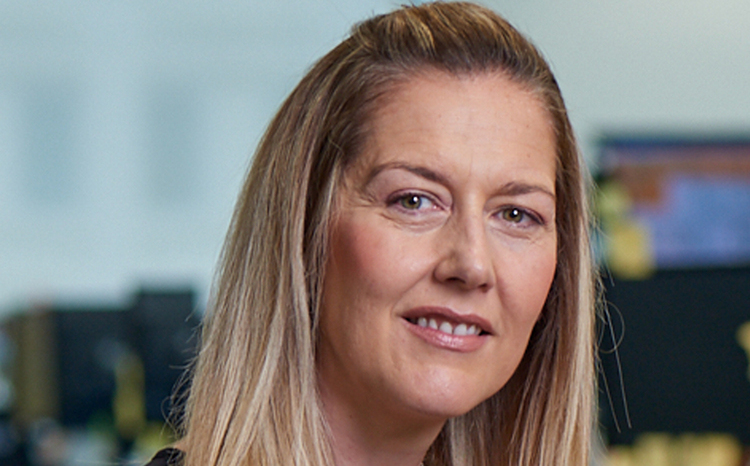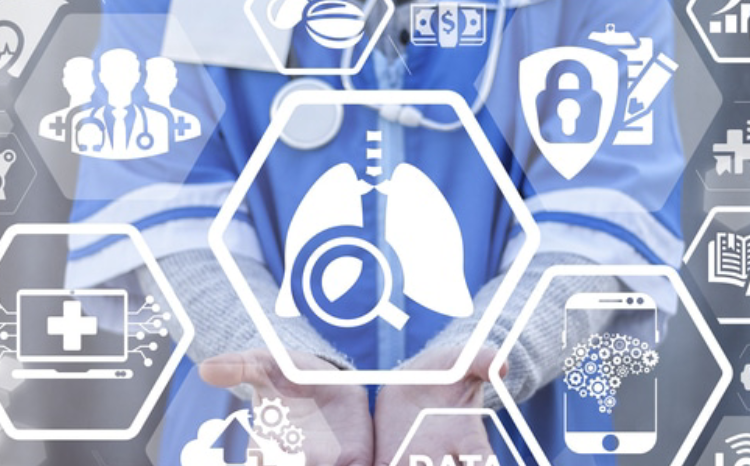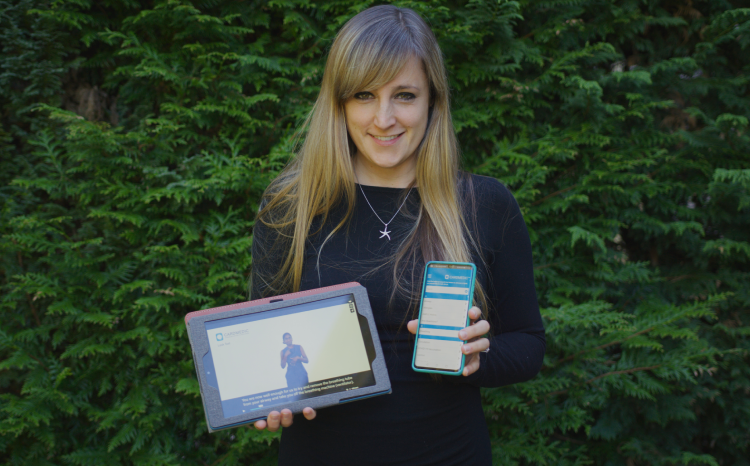Another view: of Christmas presents and future

As it’s coming up to Christmas, I thought I’d mention some of the gadgets I’d like to see under my tree.
I’ve previously mentioned endoscope-i, which is an iPhone adapter that lets you record and view images of endoscopies in real time. It works well and, hopefully, we are going to try using it in a tele-ENT service soon.
However, I’ve since come across a similar gadget that uses my Welch Allyn ear tips – of which I’ve hundreds lying around. So, I’d like to give that a go. On a routine basis, I’m probably more comfortable shoving one of those into someone’s ear than a 10 cm steel pipe!
IPhone adapters
IPhone adapters of all kinds seem to be the next big thing. I’ve previously tried an adaptor made by Welch Allyn for their pan optic ophthalmoscope. Unfortunately, it’s awful – I can rarely get a decent image from it.
However, again I’ve come across an alternative that I’m desperate to get hold of and have a go with. I’ve also heard of a dematoscope that connects to the iPhone.
In one of the clinical commissioning groups close to where I work, every GP is being trained to use a dermatoscope. It’s a much better way of detecting skin cancers – but for me this works better if it’s connected to mole mapping software.
Of course, the interface for that needs to be right. It needs to record the exam in my clinical system easily – preferably without cables. I’d also love some functionality that allowed crowd sourcing of opinions on the image that I’d taken.
If a reasonable body of GPs thought the same as I did, that might be some protection if I had, in fact, got it wrong. Or perhaps I could ask for a consultant opinion.
Anyone like to send me…
I was about to type that what I need next is a microphone that acts as a stethoscope that connects to my iPhone; but a quick Google shows that it exists. Again, if you’d like to lend me one – please do! I daren’t Google “MRI scanner iPhone.”
Some ideas for the future – an iPhoned-up assistant
Perhaps what I need instead is a health care assistant armed with an iPhone and apps. The assistant could see my patients before me, collecting data for the consultation. If the phone connected to scales, a blood pressure machine, and ECG electrodes – what more would I need?
One of the ENT consultants behind endoscope-i showed me an app that apparently does a great hearing test – although it does take a while. I also have apps that do eye tests.
So perhaps this would be the thing; patients could do their own diagnostic tests before seeing me. Given the current enthusiasm for video consultations, perhaps what we need is the ability to connect to a patient’s smartdevice and read it down the link.
Healthcare drones?
The problem is that while some of the apps I’d want to use are software only (and so, in theory, downloadable) some also require hardware and sensors.
As noted above, some of the sensors are expensive, and patients would be unlikely to have them – until they became ill. So perhaps what we need is a drone?
A patient rings for a consult. While they are waiting to be connected, a drone is despatched to their address with all the kit in it. The patient opens it, connects the kit to their smartdevice, sends me the readings, and I make the diagnosis.
A new service for Amazon Prime – healthcare on demand!
Driverless cars?
At the moment, the patients who request home visits the most are the frail elderly. I was behind a lady the other day who was clearly on the borders of being able to drive. She probably does just a tiny journey once a week. She knows well, only does it out of rush hour, and it maintains her independence.
Being house bound tends to mean worse healthcare for people like her. Yet I have lots of patients who reach this milestone. Ok, taxis work for some, but they can be expensive. What about driverless cars?
Google is apparently struggling to get driverless cars to work on motorways at high speed. But our elderly don’t need that. They would be happy with something that turned up at their door, took them to the shops, to the health centre, to the hospital.
All well-known routes, all with dropping off zones. Surely that would be easy for Google?
Seeing patients in the surgery, rather than at home, means better access to tests- and it’s also possible to get through more in a set time. Could the NHS find some productivity savings here?
Turing machines to combat loneliness
Another huge problem for the elderly is loneliness. I suspect most GPs like me feel guilty storming in and out of people’s houses.
You know you are probably the only person they have seen all week. They are desperate for a chat. Of course, in the future, the internet savvy generation may be able to use social media to prevent themselves from becoming lonely.
Or perhaps they will learn that Facebook friends aren’t as good as real friends. Can’t technology do something here?
My computer now talks to me; can’t we create an AI that will chat to the elderly and keep them company? Apparently, computers passed the Turning test a couple of years ago.
Wouldn’t this be a good use of all that effort?
About the author: Dr Neil Paul is a full time partner at Sandbach GPs, a large (21,000 patient) practice in a semi rural Cheshire. He is one of five executive GPs for NHS South Cheshire CCG and has a mixed portfolio that includes IT.
He was previously on the PEC of NHS Central and East Cheshire. He also writes iPhone software, runs a primary care clinical trials unit and is involved in several exciting IT projects. He is also the 2016 winner of the BCS Primary Healthcare Specialist Group's John Perry prize, for his work on Apex, a BI tool for GPs.




